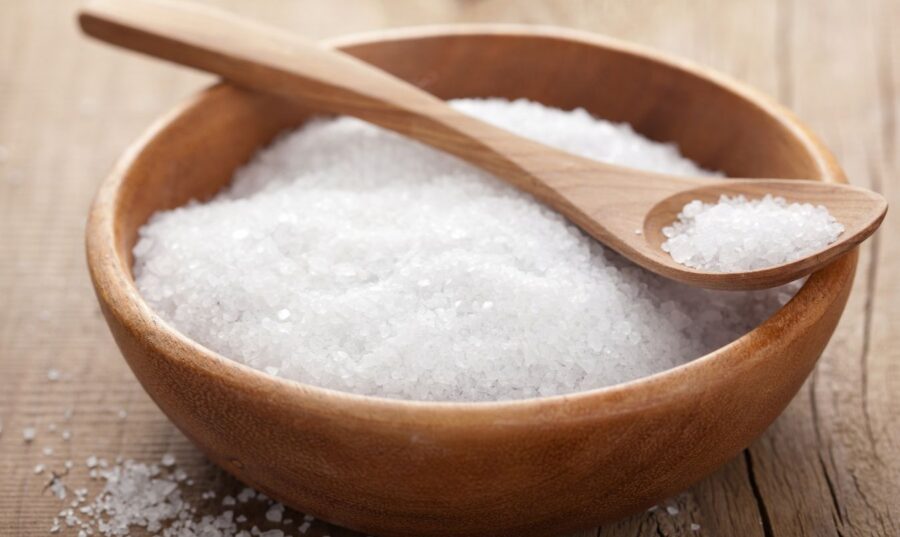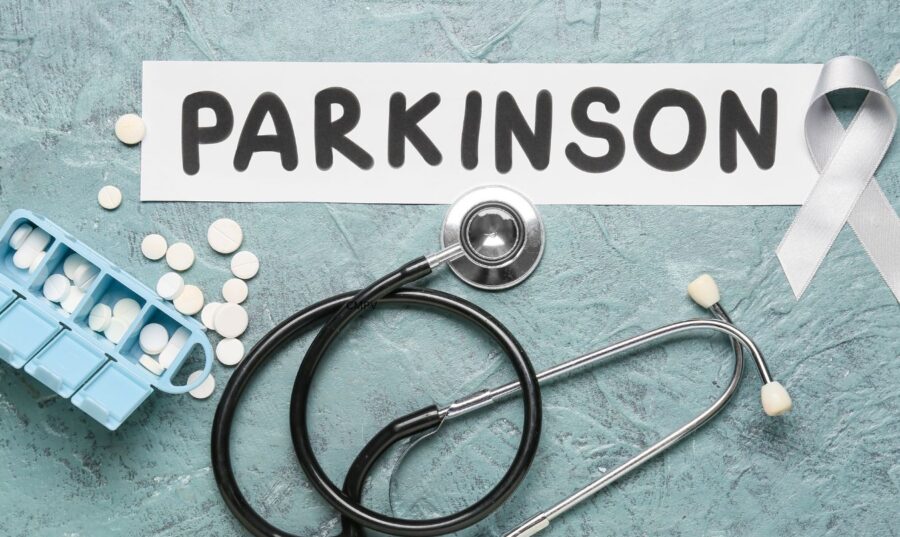|
Getting your Trinity Audio player ready...
|
The skeletal or skeletal system of an adult human is made up of bones, cartilage, tendons and ligaments. We have 206 bones or even 208 due to anatomical variations, for example, in the number of vertebrae. Bones provide support for the body, help shape it, protect internal organs from damage, and store essential nutrients such as calcium and phosphorus. With these functions we can imagine the importance of maintaining good bone health. A correct way to do this is by avoiding the consumption of certain foods or substances that have negative effects on bones, such as the five below.
- Salt – Excess salt leads to increased calcium excretion in the kidneys. Several studies indicate that people who consume more salt than required have lower bone density compared to those who consume much less salt. A study published in January 2021 in Scientific Reports (volume 11:1) found damaging effects on bones with high-salt diets. The study noted that excessive salt consumption disrupts calcium balance, increases bone loss and increases the risk of fractures.
- Caffeine – Excessive consumption of this substance is an enemy of bones. Caffeine leaches calcium from bones, making them brittle. That is, it reduces calcium absorption and increases its elimination. Caffeine is the main cause of decreased bone density, particularly in women. In this particular, the results of a research published in 2022 (Gülhane Medical Journal) suggest that the higher the caffeine intake, the lower the T score in bone densitometry of the femoral neck in post-menopausal women. This situation increases the risks of osteoporosis in women who are going through menopause.
- Refreshments – Carbonated or carbonated drinks are rich in phosphoric acid. This substance is used as a flavoring, producing a pleasant acidic flavor and as an acidity regulator in these drinks. Phosphoric acid increases the acidity of the blood, causing the breakdown of calcium in the bones and making them brittle. A study published in February 2020 in Nutrients indicated that daily consumption of soft drinks doubles the risk of fractures.
- Alcohol – hinders the function of bone-forming cells (osteoblasts), limiting the absorption of calcium by bones and reducing bone density. Excessive alcohol consumption could delay the healing process of fractures, although it depends on the bone lesions affected (Archives of Osteoporosis, 2018; Psychiatric Investigation, 2020; Era's Journal of Medical Research, 2020).
- animal protein – The consumption of proteins rich in sulfur amino acids, derived mainly from animal protein, can increase physiological acidity. One of our body's responses to neutralize acid is to move alkaline minerals from bones into body fluids. This movement is achieved with increased activity of the cells that break down and remodel bone (osteoclasts), creating a calcium imbalance. Some studies add that a direct dissolution of bone calcium carbonate also occurs due to exposure to the acidic environment. A long-term calcium imbalance could have a negative impact on long-term bone health. (Proceedings of the Nutrition Society, 2020)










